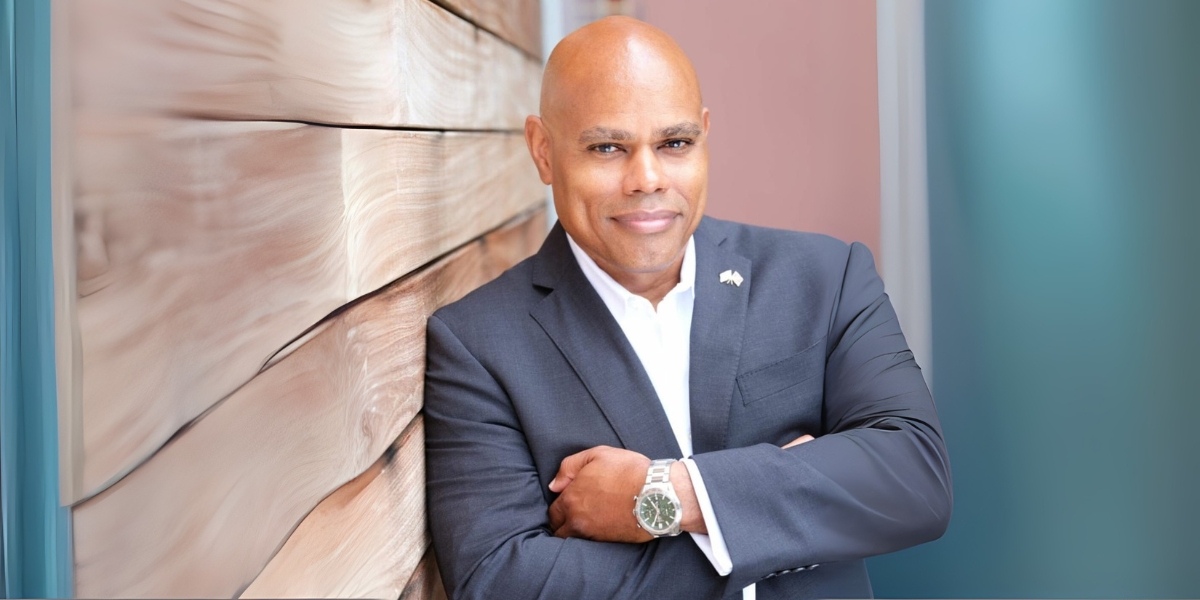Image Commercially Licensed From: Unsplash
CEOs, executives, and high net-worth individuals all have one thing in common: they’re extraordinarily busy. The fast-paced world they live in operates at a speed unimaginable to the average person. Those not part of this culture of rapid achievement may not understand the substantiality of the responsibilities these highly motivated individuals shoulder. Sometimes, these go-getters may forget about some of the responsibilities on their own plate. Amid the business world’s constant changes and whirlwind of incoming tasks, have CEOs prioritized personal matters like estate planning?
The Rising Important of Estate Planning for CEOs
CEOs, executives, and high net-worth individuals have yet another thing in common: they have significant assets to their name. Stakes in companies and intricate financial scenarios have more at stake when it comes to estate planning. As these assets rise in value, the need for estate planning increases. And these individuals aren’t the only ones potentially affected by this matter. A comprehensive estate plan is essential not only for personal reasons but to ensure the stability of the businesses they oversee.
The Living Trust – A Modern Necessity
What exactly is a living trust? It’s a legal document that places ownership and control of assets into a trust managed by a trustee for the benefit of the beneficiaries. It’s created and founded while the grantor is living, which can be indispensable in the case of incapacity or in terms of avoiding probate. With exceptional flexibility, a living trust offers grantors the ability to distribute assets without probate while offering them potential tax benefits, as well as increased privacy and security. With a living trust, a business can run smoothly even if an executive cannot participate due to incapacity, preserving and protecting the company they’ve worked so hard to build. If you want your business to prosper even in lieu of your invaluable presence, a living trust is a must.
DIY Trust Creation vs. Hiring an Expert Trust Attorney
As a successful individual, you’re probably well-versed in taking on important tasks yourself. However, you’re also familiar with the process of vetting the pros and cons of completing important documentation yourself and leaving it to a legal professional. In terms of trust creation, the difference between a DIY approach and working with an expert trust attorney can make a meaningful difference. Let’s review the vetting process to help you make an informed choice on your own behalf.
Pros and Cons of DIY Trust Creation
The pros of taking a DIY approach involve three key factors: cost-effectiveness, flexibility, and direct control. The initial outlay of the trust is typically lower than the cost of hiring an attorney, so there’s less friction in getting the process started. Once it’s underway, you can work on your estate planning at your own pace in accordance with your tight schedule. Finally, you’ll have direct involvement in every aspect of the trust’s creation.
Where there are pros, there are inevitably cons as well. The risk of making potential mistakes is far higher with a DIY approach. Even though you can tailor the process to your schedule, it’s bound to take a far more significant amount of time, including your personal time. It also takes effort and energy to understand the nuances of trust creation that you may not want to invest. Finally, off-the-shelf solutions may not be tailored to complex financial scenarios typical of CEOs.
Pros and Cons of Hiring an Expert Trust Attorney
Let’s delve into the other available option: hiring an expert trust attorney. As far as the pros are concerned, the level of expertise that will handle the creation of your trust will be superior. A professional brings legal knowledge and experience, ensuring the trust is set up correctly and optimally. The trust will be set in the exact way you see fit, as a legal expert can easily provide the customization you seek. If you’re looking for tailored solutions to cater to your unique individual and business needs, you may want to depend on a trust attorney. Instead of wasting precious time, you can be assured that all legal formalities are observed and potential pitfalls are avoided.
Let’s consider the cons. As is to be expected, hiring an attorney will be more expensive upfront compared to DIY solutions. However, it’s important to remember the potential financial gains you could experience in the long run by correctly setting up the living trust. That evaluation of priorities is dependant on each individual. The other factor that may negatively affect you is the requirement for meetings. While an attorney will handle most of the complexities, initial meetings and discussions will demand some time.
The Living Trust: A Critical Component for Security
Achieving the level of success you enjoy at this point in your life undoubtedly took a certain level of acumen. You may have also addressed most security components. In dealing with your responsibilities, it’s understandable that you haven’t gotten around to dealing with a living trust. Now’s the time to attend to this critical component.
After analyzing the pros and cons of how to create your living trust, we encourage you to work with an expert trust attorney due to the advantages posed by the collaboration. With the level of importance of estate planning for CEOs in today’s business world, it is vital that the trust is correctly set up. There’s little room for error, especially for those with complex assets or significant stakes in businesses.
We recommend CEOs, executives, and high net-worth individuals take the necessary steps to secure their legacy and ensure the stability of their businesses. There’s simply too much to lose. Protect what you’ve built with a living trust today.
Max Alavi APC, OC Trusts Lawyer, contributed this blog post as an educational resource. The material is meant for informational purposes only and not to provide legal advice because laws and regulations may differ across states, and each case may be unique. If you have any questions about the content of this post, it is recommended that you seek advice from a local Estate and Probate attorney.








